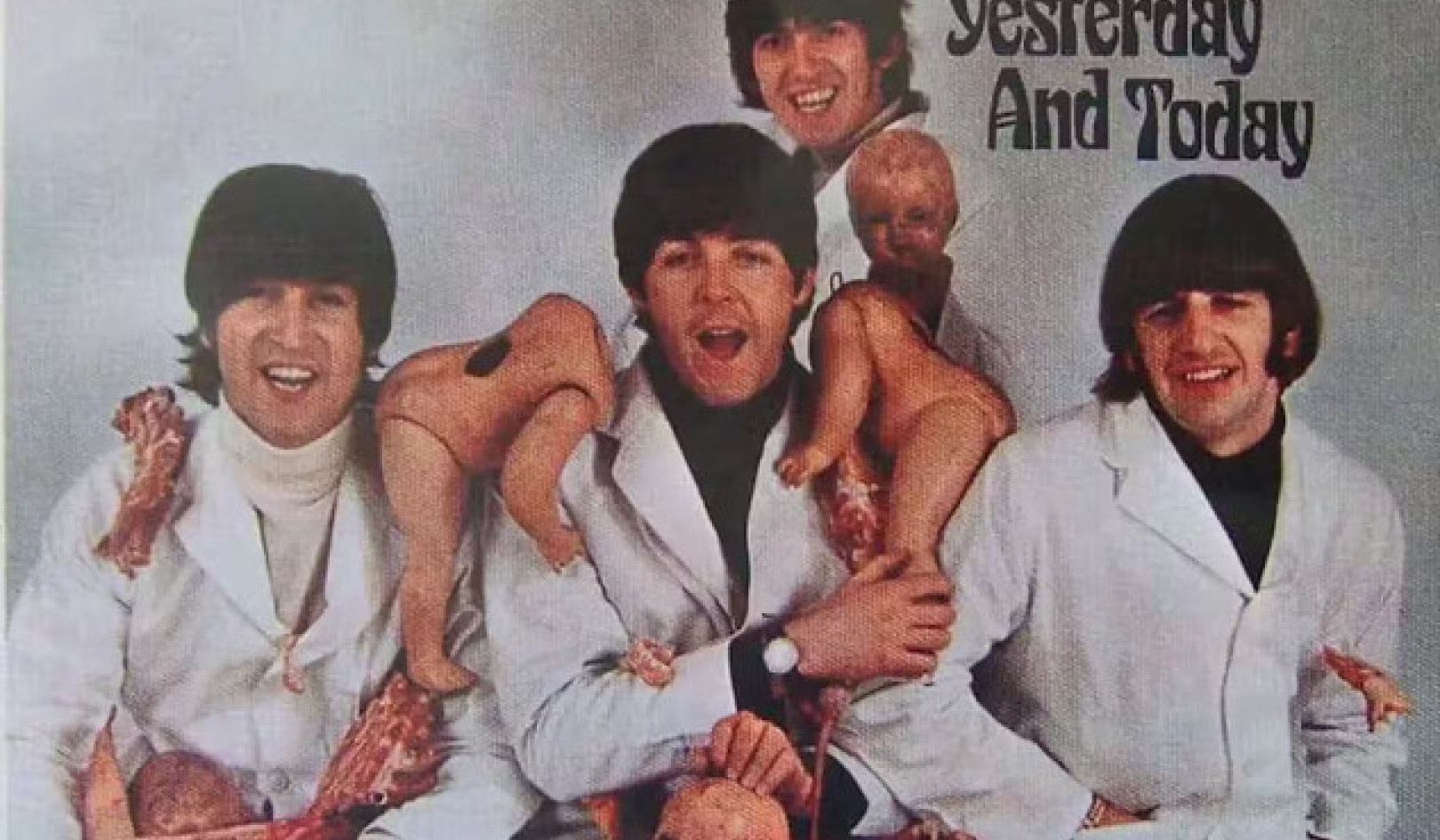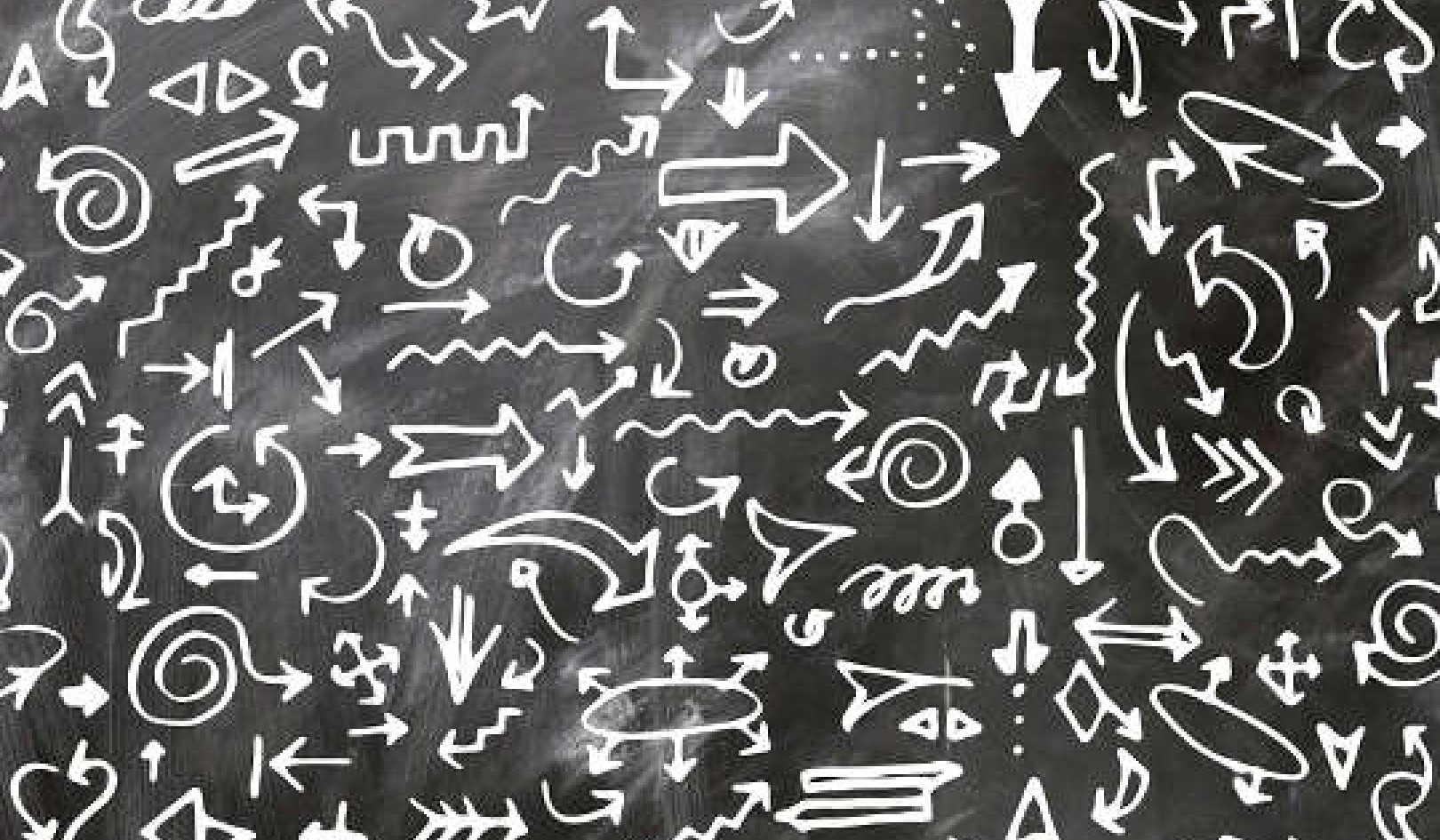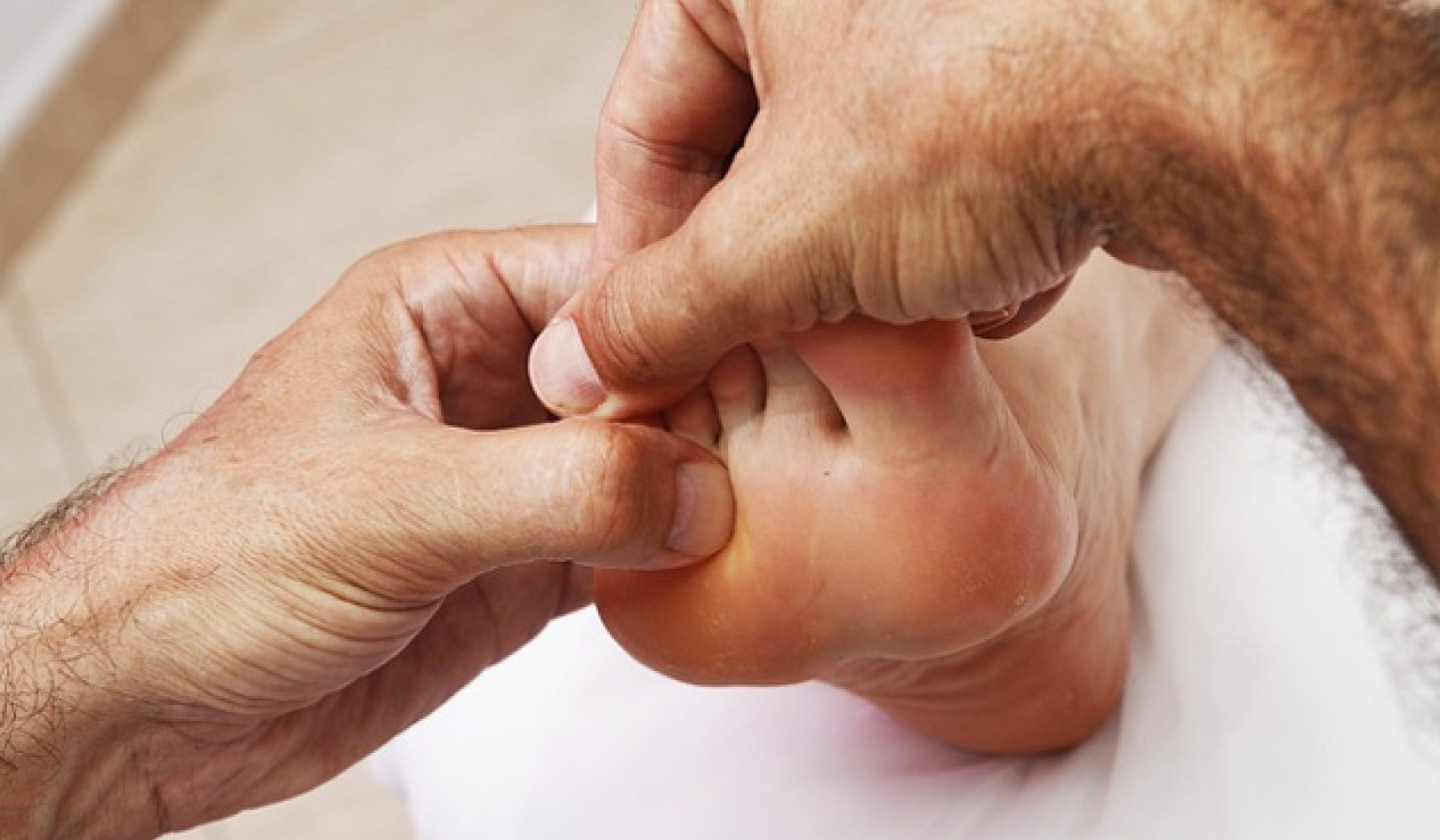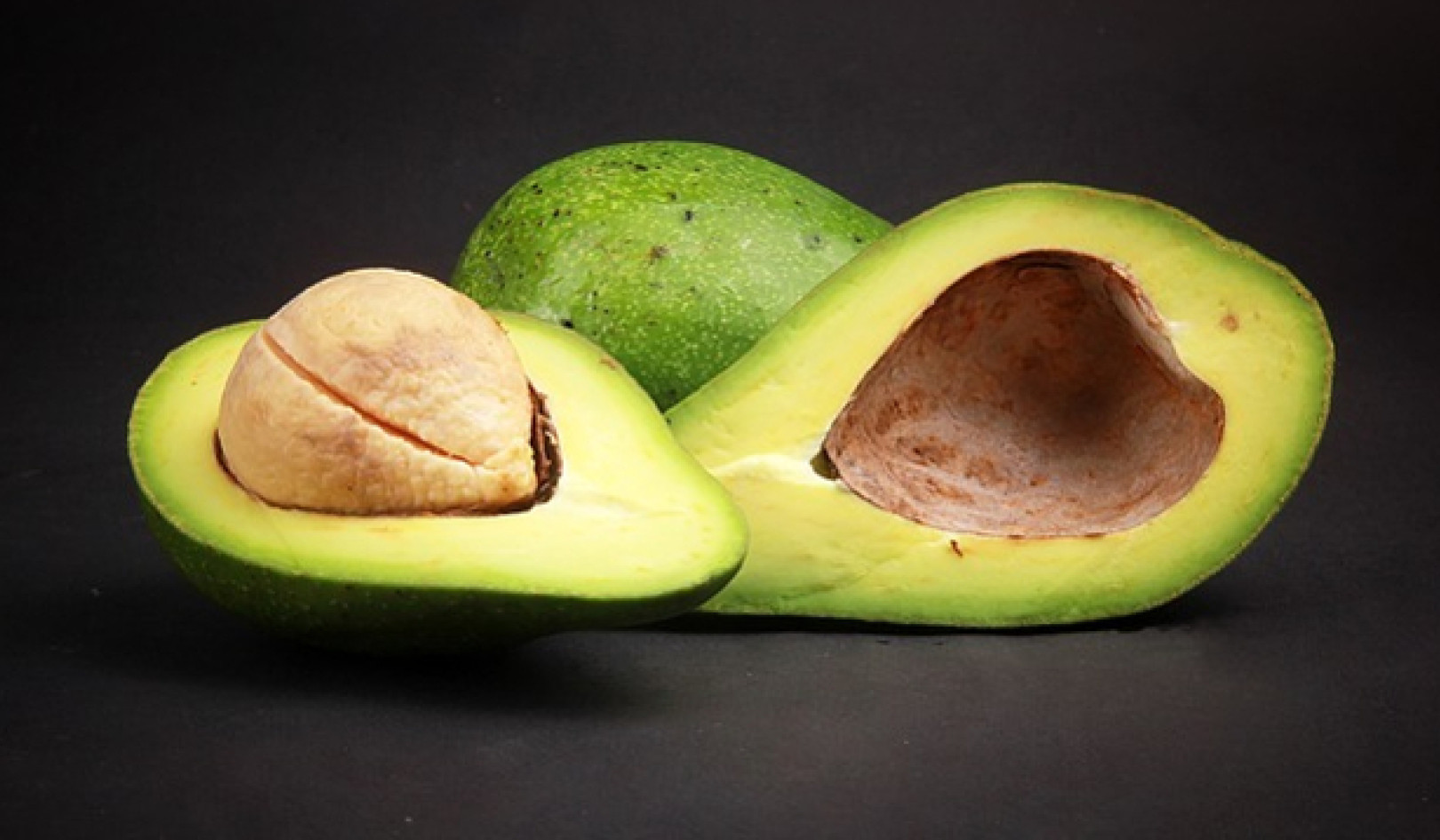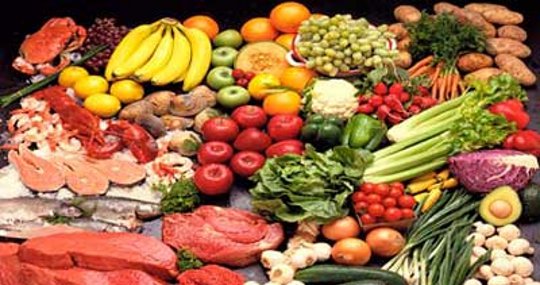
You are what you eat, but you should "EAT WHAT YOU ARE.'' This means each of us should eat the optimal diet compatible with our blood type. Doing this sounds easy enough, but in practice it is much harder to achieve.
For example, in the animal kingdom instinct is what drives animals to eat. Lions are meat eaters. Try and feed a lion carbohydrates such as fruits and vegetables and you already know the result. Conversely, other animals are vegetarian, and by instinct, will not eat meat. This is no accident. Instinct is a protective mechanism for all animals, including humans. The problem is humans are so domesticated, instinct no longer drives their eating habits.
What we can learn from animals is they eat only what is instinctively good for them, and as a result heart disease is virtually non-existent. While animals occasionally do develop cancer, statistically it occurs dramatically less often than in humans.
Uniform Diet per Species
Additionally, have you ever noticed most animals of a given species all live to about the same age? Well, this is because of their uniform diets, driven by instinct, that allow them to have life spans to the potential of their species. Another point to remember is most animals that are not killed by predators die of old age, or what we call natural causes.
With humans it is just the opposite, the only exception being the many people of blood Type Os who die of old age. Humans almost always die from one disease or another. As a result of our improper diets, our immune systems fail to operate properly and we become susceptible to one disease or another. Medical science has come a long way and has prolonged life for many. But as Ben Franklin once said, "An ounce of prevention is worth a pound of cure." These words of wisdom are still true today.
Yes, we have the ability to treat illness, and operate when necessary. But in many cases, much of what modern medicine does is treat the symptom or outward manifestation of the problem not prevent the problem in the first place. It is not for us to place blame, as medicine is providing many wonderful cures, vaccines, and medications which are allowing people all over the world to live longer, more productive lives. However, we believe the emphasis currently is on the treatment, when it should be on the prevention.
It all starts in our childhood. We grow up in families where we are given food our mothers and fathers believed was good for us, or tasted good. The fact that it tastes good is not an indication of whether the food is good for us. Our blood types were determined at the moment of conception, and although we may be able to change almost everything about ourselves, we cannot change our blood types.
Each Blood Type Has Unique Characteristics
Each blood type has different characteristics that allow it to eat, digest, and assimilate food best for that group. Since Os have been blessed with such strong stomach acid and respective enzymes, they are able to metabolize almost everything, even those foods not recommended for them. However, the Bs, As and ABs do not have this luxury, and accordingly, must be more careful in their eating habits, or suffer the consequences.
The Os are like sharks. They can eat tin cans and rubber tires, and wash it down with hard liquor while smoking a cigarette. Of course, this is not true, but a dramatic exaggeration. Nevertheless, Type Os have the highest threshold for abuse of any other blood group, and in the final analysis, it is another reason they live longer.
Now let's get back to our eating habits and what happens when we eat food not compatible with our blood enzymes and stomach acid. Agglutination happens. What's that, you ask? Well, we humans have a process take place in our blood called agglutination. Let us explain.
Your body has antibodies that protect it from foreign invaders. Your immune system produces all kinds of antibodies to protect you and keep you safe from foreign substances. Each antibody is designed to attach itself to a foreign substance or antigen.
When your body recognizes an intruder, it produces more antibodies to attack the invader. The antibody then attaches itself to the intruder and a "gluing" effect takes place. In this way the body can better dispose of these foreign invaders.
For example, if you eat a food not compatible with your blood type and stomach enzymes, the food is not broken down or digested properly, and the vitamins and minerals are not absorbed into your bloodstream to fuel and nourish your body. Your body reacts to the food just as it would any foreign substance. You might experience a stomach ache, gas, bloating, or even worse, vomiting or diarrhea. What happens is that antibodies glue themselves to the foreign invaders (improper food) and agglutination or "gluing" takes place in your blood.
Now if you happen to be Blood Type A, who already has thick blood, your blood becomes even thicker. The thicker the blood, the slower it moves and the harder your heart must pump to push the blood through your arteries. This thick slow moving blood makes it easier for plaque to build up on your artery walls. Hence, high blood pressure, heart disease, or a cornucopia of other illnesses. You get the picture.
The human body is a wonderful and complex organism. It tries to handle everything you give it, but sometimes it cannot, or will not. The damage is greater or lesser, depending on how bad the food is for you and your particular body chemistry. If you are lucky, maybe this improper agglutination may result only in weight gain. The body does not use the food, so it just packs on extra pounds. You are not eating much, but you're gaining weight and don't know why. Well the answer is improper metabolism of your food.
If you are Type A or AB and the meat you keep eating is not metabolizing, your bloodstream is now flooded with thick, sticky agglutinated blood, loaded with saturated animal fat, just looking for a nice spot to deposit itself. It doesn't take a genius IQ to see why As and ABs should not eat meat, and if they do, they die younger.
Now if O or B eat meat, their bodies metabolize it better, and the agglutination process does not take place, or if it does, it is very minor and not life threatening. Type Os, who usually completely metabolize meat and gain all the benefits from it (with the exception of pork) are at little or no risk. Further, since an O starts out with the thinnest blood, any agglutination that takes place will thicken the blood, but not to the extent experienced by the other blood types, or to a life threatening situation.
Take, for example, bread and white potatoes. If a Type O or Type A eats these foods, in most cases some agglutination takes place. However, since these foods contain little, if any fat, the body will not deposit the non-metabolized portion on the artery walls. It is more likely to store the unused food as fat. Hence, you gain weight. While this may be benevolent in the short run, eventually all this excess fat may lead to diabetes, high blood pressure or other illnesses.
Saturated Fat
Any food containing saturated fat has the greatest potential for harm to the body, in the long run, regardless of blood type. Saturated fat to Types A and AB is more dangerous in the short run because of the reasons stated previously. In the long run, even Types O and B, whose blood enzymes handle saturated fat better, are susceptible to the hazards. It just takes longer. So although Os and Bs are not particularly susceptible to heart disease and most forms of cancer, a continual regimen of saturated fat and/or incompatible foods will eventually produce the same result. It just appears the harmful effects take much longer in Os and Bs.
Saturated fats in the diet in any form will eventually undermine your health. Of the saturated fats. the most damaging come from animal protein. To eliminate this risk, acquire much of your protein, regardless of blood type from sources that are fat free, or free of animal saturated fat.
In the final analysis, most of what needs to take place to avoid disease, boost immune function and maintain weight control - in short, to achieve the best result for your body - is all based on diet. To succeed requires balancing proteins, carbohydrates and fats in the proportions best for your body.
As the body grows older, it stops producing certain hormones, it loses muscle mass, bones become more brittle, immune function decreases, and the body's intolerance of improper food begins to manifest itself in insidious ways.
But with proper diet, including nourishment from those foods and supplements specific to your needs, the chance of disease is greatly reduced. In fact, proper diet according to blood type, coupled with exercise, enables your immune system to be its strongest. A strong immune system can make the difference between a longer or shorter life span.
Published by Personal Nutrition USA, 1-888-41BLOOD, www.4blood.com.
You can purchase the book from the publisher: 888-41BLOOD
or order it online by clicking on link below.
Excerpted with permission from the book:
The Answer is in Your Bloodtype
by Steven M. Weissberg, M.D. & Joseph Christiano, A.P.P.T.

Click here for more info or to order this book.
About The Authors
Steven M. Weissberg, M.D., F.A. C.O.G., is overseer of the clinical research team who accomplished the groundbreaking research of "The Answer is in Your Bloodtype".
Joseph Christiano, A.P.P.T. is author of "My Body: God's Temple", motivational speaker, educator, and internationally recognized fitness trainer, with 35 years in the fields of health and fitness.




















